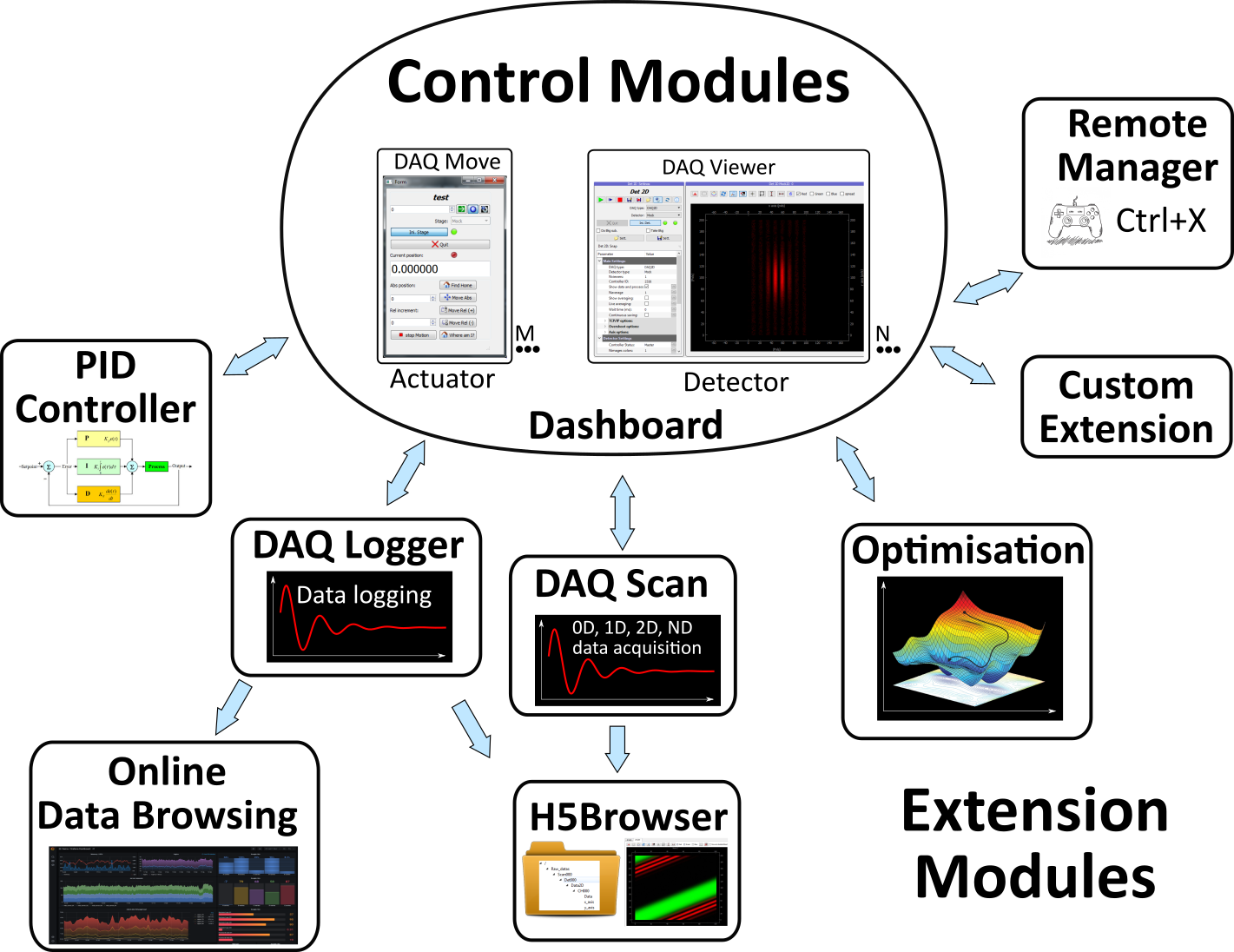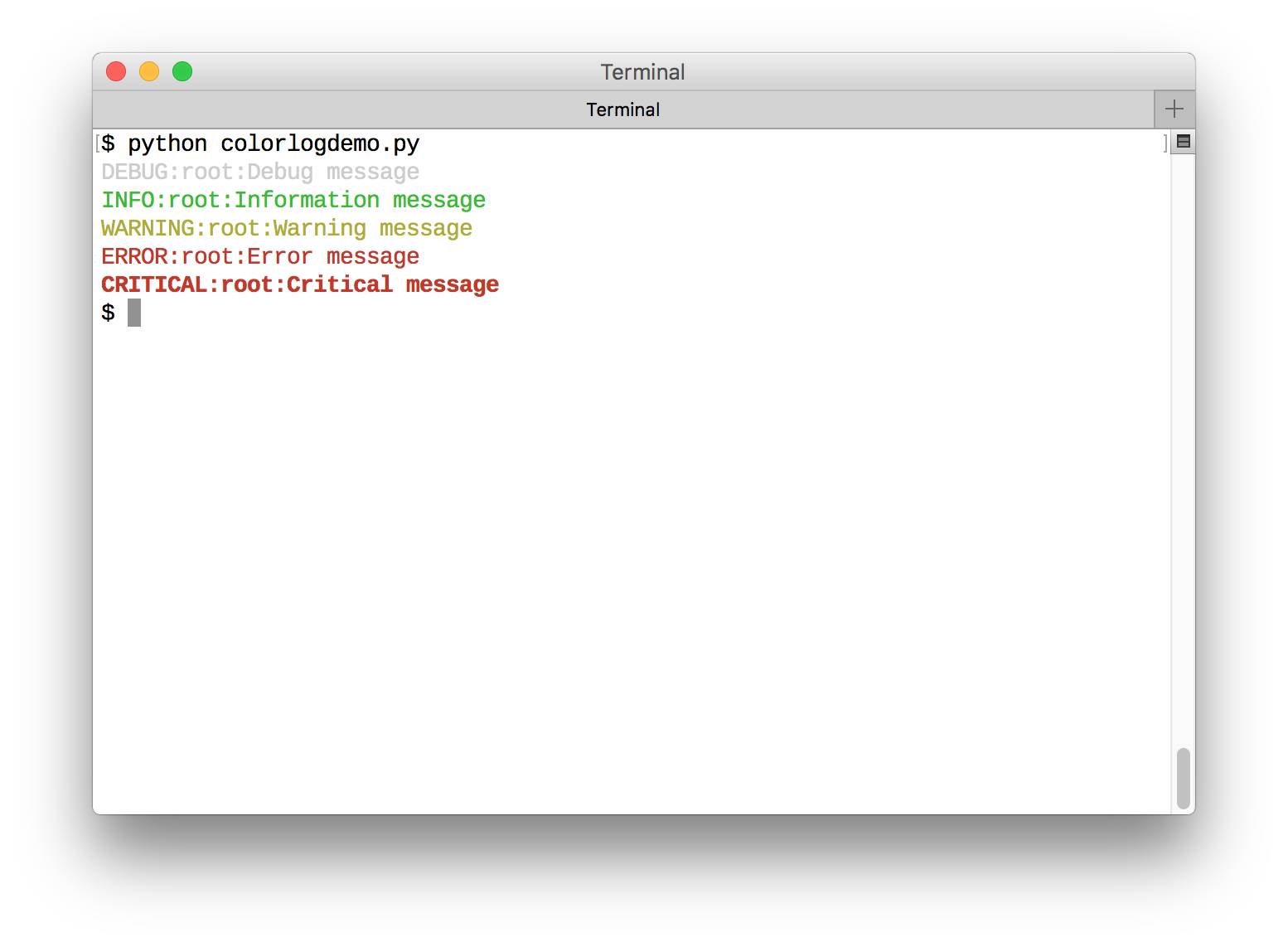
You can use the TSC library to sign in and sign out of Tableau Server and Tableau Online.


#Print version of python library reference license
Telegram channel with updates: project is licensed under the MIT License - see the LICENSE.md file for details.Important: More coming soon! This section is under active construction and might not reflect all the available functionality of the TSC library.Official documentation is available here. Test coverage is one of the top priority for this library: However, you always can implement such support in your forks. This library contains tests written using unittest module, so just run in the project directory python -m unittestĪlso it's possible to run tests using Tox: tox -e The library provides an interface to add a custom Command class. It's possible to extend the existing functionality without forking the project. This feature enables autocomplete of commands in a few popular interfaces: Shell class now allows to list all available commands simply by dir ( Shell ) However, even if you didn't save a reference to your command, you still can access it. When the command fails (returncode is non-zero), Shell throws a ShellException error. To do this, use Shell class as a callable instance: command = Shell ( '2to3' ) It's also possible to run a command which name is not a valid Python identifier. To run any Bash command, you need to do it like this: Shell.()įor example, you want to create a new folder: Shell. output )) # Prints out command's stdout print ( decode_stream ( command.

arguments ) # prints "" print ( decode_stream ( command. return_code ) # prints "0" print ( command. command ) # prints "whoami" print ( repr ( command )) # Does the same as above print ( command. whoami () # Equals "whoami" print ( command ) # Prints representation of command in shell print ( command. ls ( '-l', '$HOME' ) # Equals "ls -l $HOME" command = Shell. This library is pretty easy to use: from python_shell import Shell from python_ import decode_stream Shell.

This library comes with a few major points to use it: A flexible, easy-to-use library to integrate your Python script with Unix ecosystems.


 0 kommentar(er)
0 kommentar(er)
